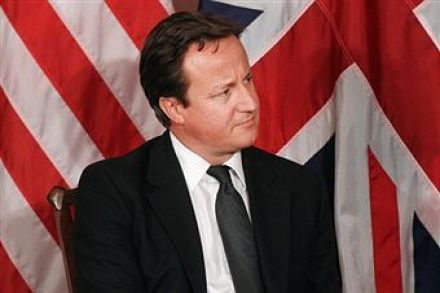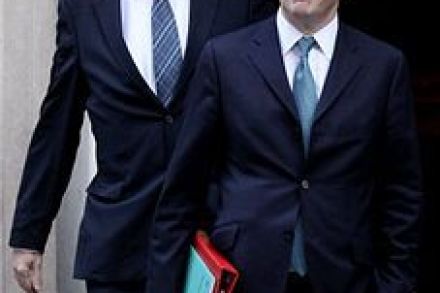How’s Miliband doing?
In a word: badly. Ed Miliband has now led Labour for a full year, but has made no progress with regards to its standings in the polls. When he took over, the Labour party was at 37 per cent in the polls, according to Ipsos MORI. Considering that 60 per cent give the Coalition government the thumbs down, he’s had ample opportunity to improve this figure. And yet he’s failed. In their latest poll, MORI again have Labour on 37 per cent. When it comes to his own personal ratings, the picture is even worse. As Miliband has become more well-known and more people have formed an opinion of




















